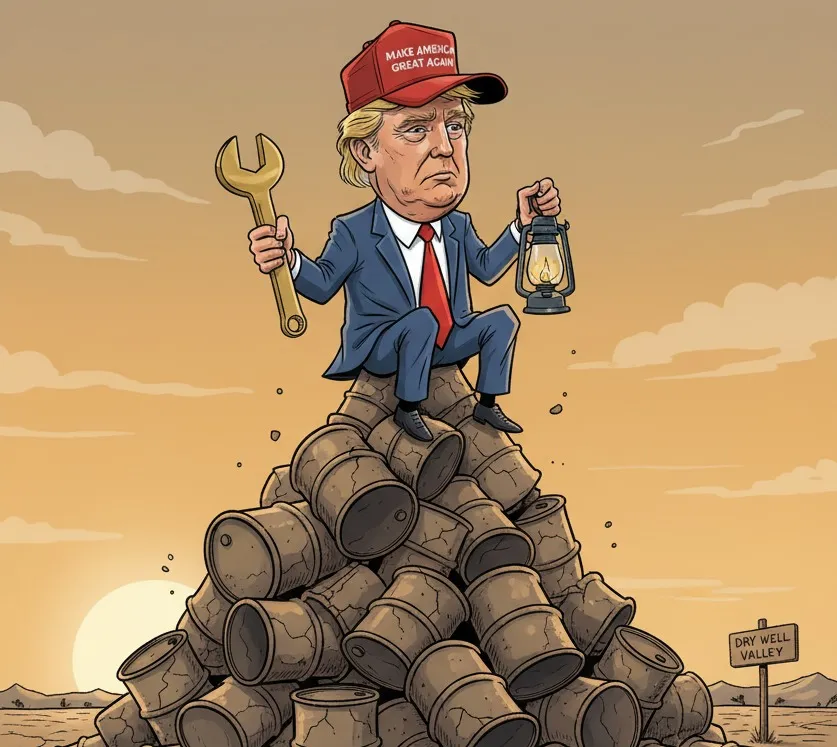

In a dramatic escalation of economic pressure aimed at crippling Russia's war machine, US President Donald Trump has urged the European Union to join Washington in imposing punitive 100 percent tariffs on India and China for their continued purchases of Russian oil. The proposal, made directly to EU officials, seeks to forge a united transatlantic front to choke off a key financial lifeline for Moscow. However, the move represents a significant strategic departure for Europe and has been met with a firm defense of "strategic autonomy" from New Delhi, setting the stage for a high-stakes diplomatic standoff.
The request for a coordinated tariff strike was conveyed during a conference call between US officials and an EU delegation led by sanctions envoy David O'Sullivan. According to sources, the American position was made explicitly clear: Washington is "ready to go right now" with the tariffs but will only do so if its European partners act in unison. Trump himself bluntly outlined the strategy, stating, "let's all put on dramatic tariffs and keep the tariffs on until the Chinese agree to stop buying the oil." The primary targets of this proposed economic blockade are India and China, who have emerged as the largest buyers of Russian crude since the 2022 invasion of Ukraine, providing President Vladimir Putin with a crucial source of revenue to fund his military.
For the European Union, Trump's proposal presents a significant dilemma. Such a move would mark a radical shift from its current strategy, which has relied on direct sanctions against Russia rather than punitive tariffs on third countries. While European capitals have reportedly been weighing the possibility of secondary sanctions, there are deep concerns about the potential fallout. The EU maintains extensive and vital trade relationships with both India and China, and imposing such drastic tariffs would risk a major trade war with two of the world's largest economies. This leaves Brussels in a difficult position, caught between its desire to increase pressure on Russia and the potentially severe economic consequences of alienating key global partners.
India, which has been a primary target of US criticism, has consistently maintained a defiant stance on the issue. External Affairs Minister S. Jaishankar has forcefully defended the country's right to "strategic autonomy," making it clear that India will continue to purchase oil from wherever it secures the best deal. This position has drawn sharp condemnation from figures like White House advisor Peter Navarro, who has accused India of funding Russia's war machine.
Complicating the situation, the signals from Washington have been inconsistent. Even as the administration pushes for massive tariffs, President Trump recently struck a more conciliatory tone on social media, suggesting a desire to boost trade with India and announcing his intention to speak with Prime Minister Narendra Modi. This mix of high-pressure tactics and diplomatic overtures creates an uncertain and volatile environment, leaving the future of global energy trade and international alliances hanging in the balance.
· Drastic Tariff Proposal: President Donald Trump has urged the European Union to join the US in imposing 100 percent tariffs on India and China over their purchases of Russian oil.
· Condition of a United Front: The US has made it clear that it will only implement these tariffs if the EU acts in coordination, creating a joint transatlantic policy.
· EU Hesitation: European nations are reportedly hesitant to adopt such a measure, as it marks a major departure from their current sanctions-based strategy and risks damaging their extensive trade ties with India and China.
· India's Defiant Position: India has firmly defended its policy of "strategic autonomy," asserting its right to buy oil based on its national interests, despite facing intense pressure from Washington.